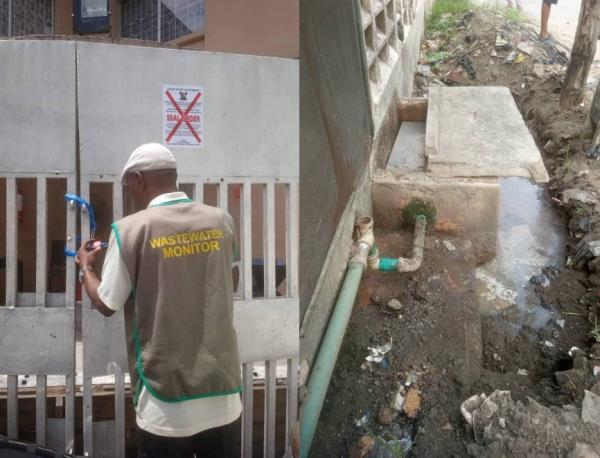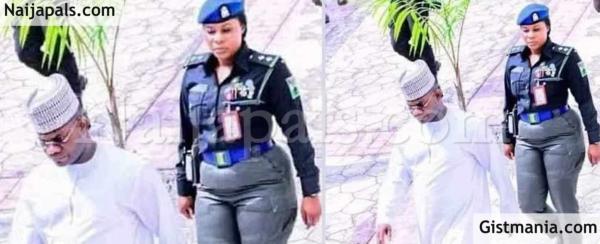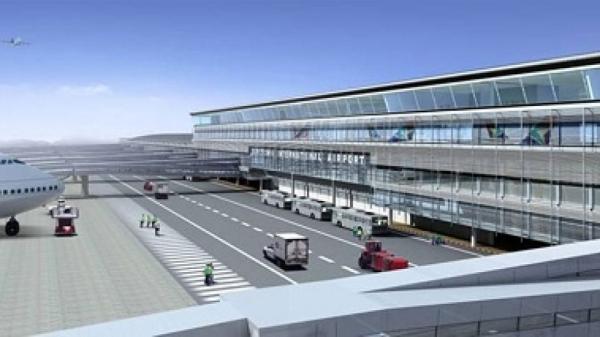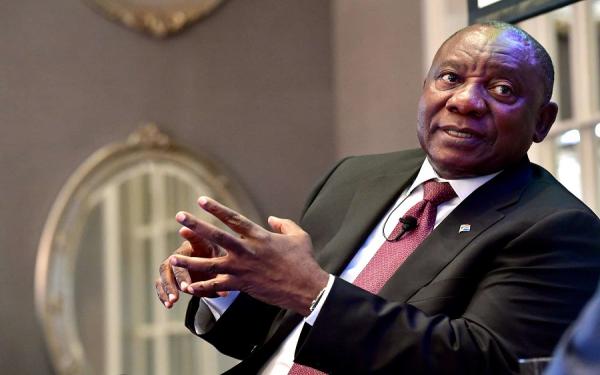
The Federal Government has been advised to join Africa’s $3 trillion free-trade club otherwise known as the African Continental Free Trade Area (AfCFTA) treaty.
Desmond Obadiah, Chairman of the Presidential Committee on Impact and Readiness Assessment, said the treaty will have positive and negative impacts on Nigeria and its neighbours.
He spoke, yesterday, when President Muhammadu Buhari received the committee’s report at the Presidential Villa, Abuja.
CEOAFRICA correspondent in Abuja reports that the committee was inaugurated on October 22, 2018, with the mandate to assess the extent to which Nigeria was ready to join the agreement, and what the impact of doing so would be.
The African Union’s Heads of State and Governments had resolved in 2012 to establish African Continental Free Trade Agreement treaty to create a single continental market for goods and services in member nations.
The treaty is to cover agreements on trade in goods, services, investment, and rules and procedures on dispute settlement, including a range of provisions to facilitate trade, reduce transaction costs, provide exceptions, flexibilities and safeguards for vulnerable groups and countries in challenging circumstances.
Obadiah, said signing the treaty will be in the overall interest of Nigeria to sign the treaty. He said over 200 submissions were received by the 44-man steering committee.
“It is envisaged that the trade liberalisation offered by the AfCFTA will make African goods more attractive and potentially cheaper than similar products from outside the continent.
“The AfCFTA therefore provides immense opportunities for Nigeria’s manufacturing and service companies to expand to Africa. Today, many Nigerian companies have developed capacity in some of these sectors and have long desired to expand to Africa but have been constrained by trade barriers which AfCFTA is expected to remove.
“Our study has shown that the AfCFTA is not without major risks and undesirable impacts. The most significant of which is the potential rise in smuggling and abuse of rules of origin. The risk is that it will provide incentive for traders to disguise goods imported from outside the continent as made- in-Africa goods, to qualify for duty-free treatment.
“This risk is high for Nigeria considering that 92 per cent of Nigeria’s imports come from the rest of the world and smuggling, under-reporting of imports and other forms of abuse of rules of origin already constitute major challenges faced by Nigeria in ECOWAS.
“The risk is further complicated by the lack of capacity, resources and will on the part of some African countries, to enforce their borders. Tackling this threat will require collective efforts at the highest level of ECOWAS and the African Union.
“Our report recognises that there will be significant adjustment costs to manage the negative impacts and to take advantage of the opportunities.
“The adjustment costs will include retraining workers in declining sectors to be able to take up employment in growing sectors, providing capital to business owners to retool their plants to remain operational and attracting investments to growing sectors in order to produce goods and services to export to Africa.
“The Committee proposed policies, programmes, projects and interventions which may position Nigeria adequately for the AfCFTA.
“We identified sectors which can act as arrowheads for Nigeria’s expansion into Africa, while efforts are intensified to attract private sector investments to the productive sectors.
“Our reports shows that on the balance, Nigeria should consider joining the AfCFTA and using the opportunity of the ongoing AfCFTA Phase I negotiations to secure the necessary safeguards required to ensure that our domestic policies and programs are not compromised,” Obadiah said.
Buhari had earlier in the month during an audience with the National Council of the Manufacturers Association of Nigeria (MAN) insisted that Nigeria will be guided by ‘‘national interest’’ in taking any decision on the agreement establishing the African Continental Free Trade Area (AfCFTA).
The Federal Executive Council (FEC) had in March 14, 2018 ahead of the extraordinary meeting of the African Union (AU) Heads of State and Government in Kigali, Rwanda, March 21, 2018, gave the nod for Nigeria to sign the the agreement on behalf of Nigeria.
The president said the recommendations will be considered in taking the next decision on AfCFTA.





















